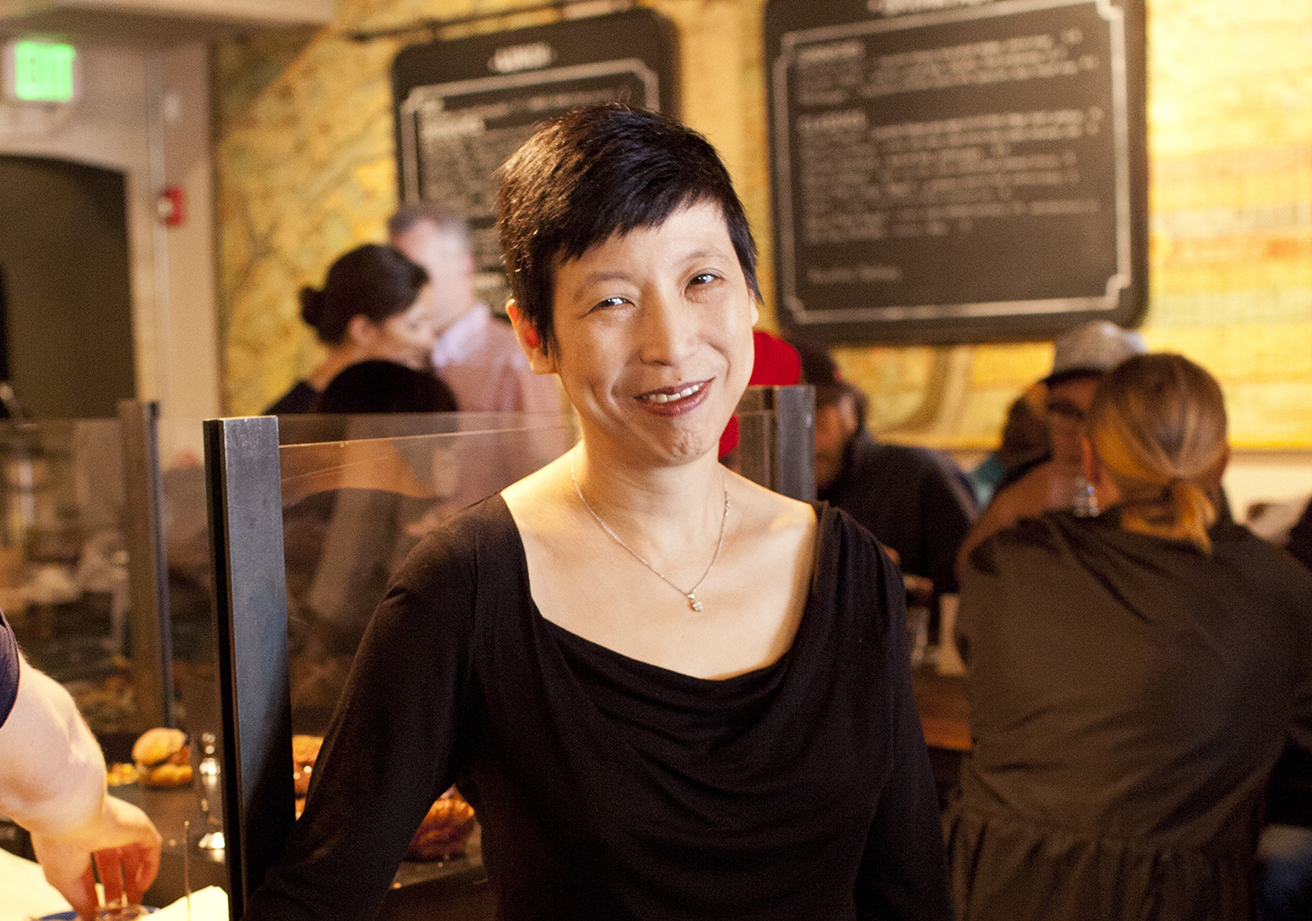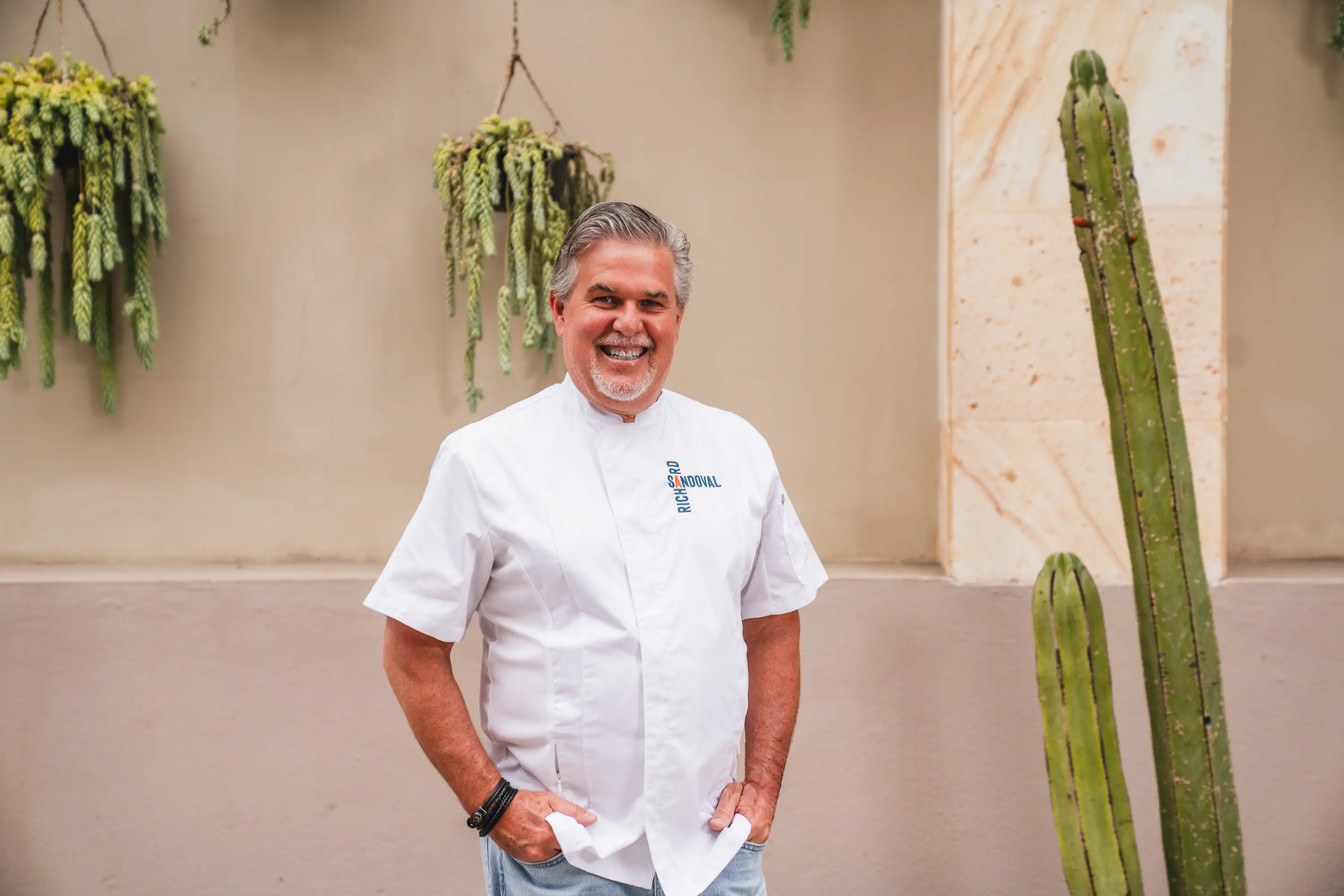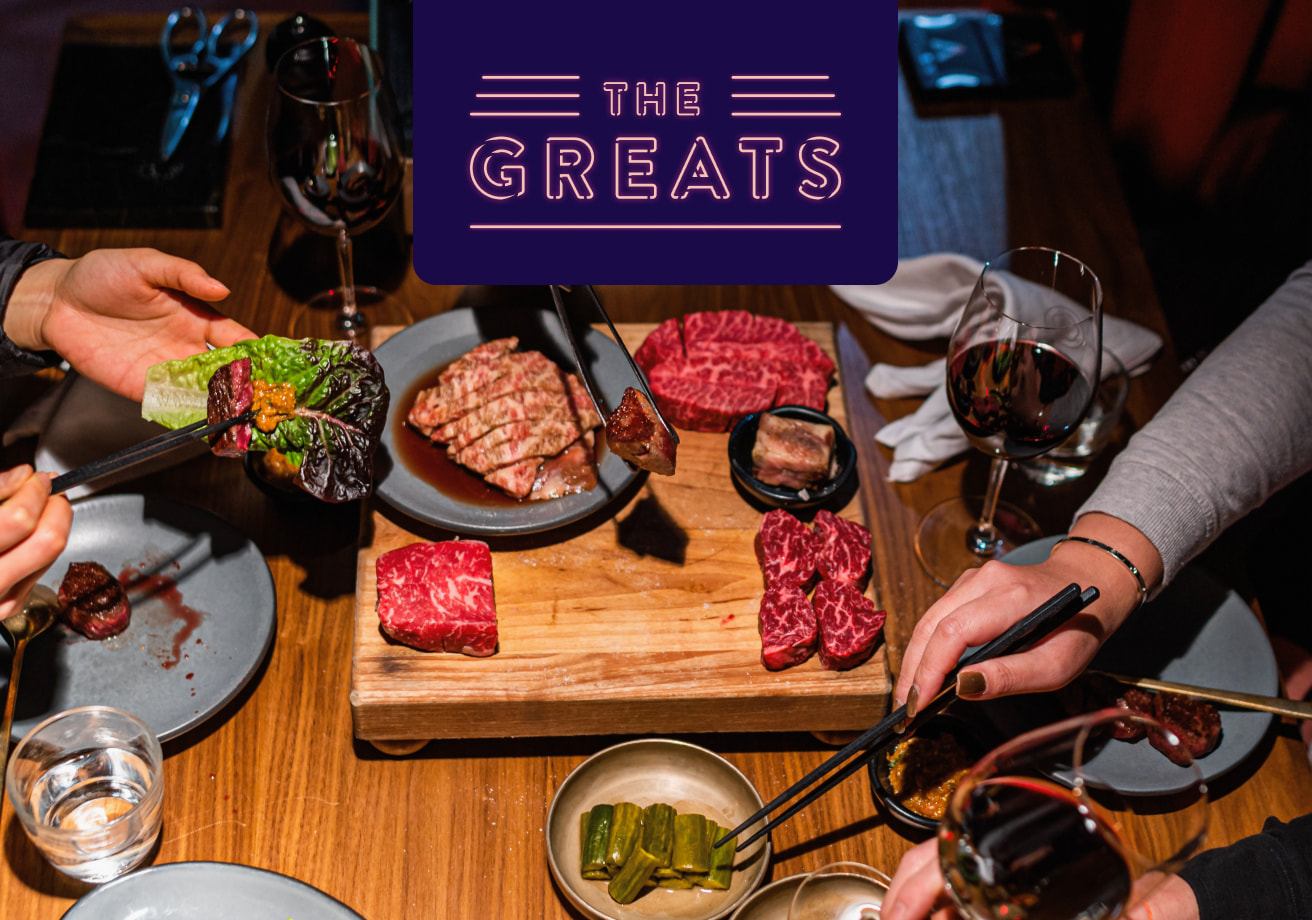When it comes to the restaurant industry, Ellen Yin is a big name. The restaurateur has nearly 25 years of experience as owner and co-founder of the acclaimed High Street Hospitality Group, which encompasses five restaurants: Fork, High Street on Market, High Street Provisions, and A.Kitchen + Bar in Philadelphia, and High Street on Hudson in New York City.
Beyond feeding seasonal, locally sourced fare to loyal diners for years, Yin has also established herself as a leader in the hospitality industry. She’s provided a platform for women in the industry to seek mentorship through leading the Philly chapter of Let’s Talk Womxn, a national resource for women in hospitality. She recently launched delivery-only restaurant The Wonton Project to raise funds for civil rights organizations Asian Americans United and Advancing Justice to combat the rise in Asian hate crimes. Yin has also been a big part of recent efforts to aid pandemic recovery by partnering with local pharmacies to increase access to testing and vaccinations for the restaurant community.
Yin shares her thoughts below on her many projects, from the bright light that is vaccinations for restaurant workers to the importance of female mentorship through the pandemic and beyond. For more restaurant rebound series from OpenTable, check out the Rebound hub, with dining resources, recovery stories, and best-of lists.
What motivated you to push vaccinations through the Save Philly Restaurants initiative?
If we want our restaurants to succeed and be open, consumers are ultimately the ones who are going to decide whether they’re ready or not to dine out. From the beginning of the pandemic, making sure that our staff feels comfortable, making sure that our customers feel comfortable with our safety practices, that we have a testing system in place [was important]. That was something that we worked hard to get, and one of my colleagues from Save Philly Restaurants, Nicole Marquis, helped get industry-free testing two times a week, a screening that anybody could show up for. We also secured a $100,000 grant from the William Penn Foundation to have more expedited testing. We found that if you’re a small restaurant and one person is possibly sick, it can shut your entire business down. The goal was to try to minimize the disruption for everybody on your team. It creates stress, not knowing if you were exposed or not.
Vaccination was something that was a bright light for the employees. They wanted it as soon as possible. When we found out Philadelphia bumped restaurant employees up from level two to 1B, after frontline workers, everybody was excited and looking forward to being vaccinated. It wasn’t as simple as we thought because while many people want to be vaccinated, there are definitely some who are nervous about being vaccinated, especially because of their fear of immigration by being undocumented, not having the paperwork, having to give their address. So we had to make sure that people were guided and felt like they were being supported through the entire process.
How did you approach improving access to COVID-19 testing and vaccinations for Philly’s restaurant community? Did your background in healthcare management help you in any way?
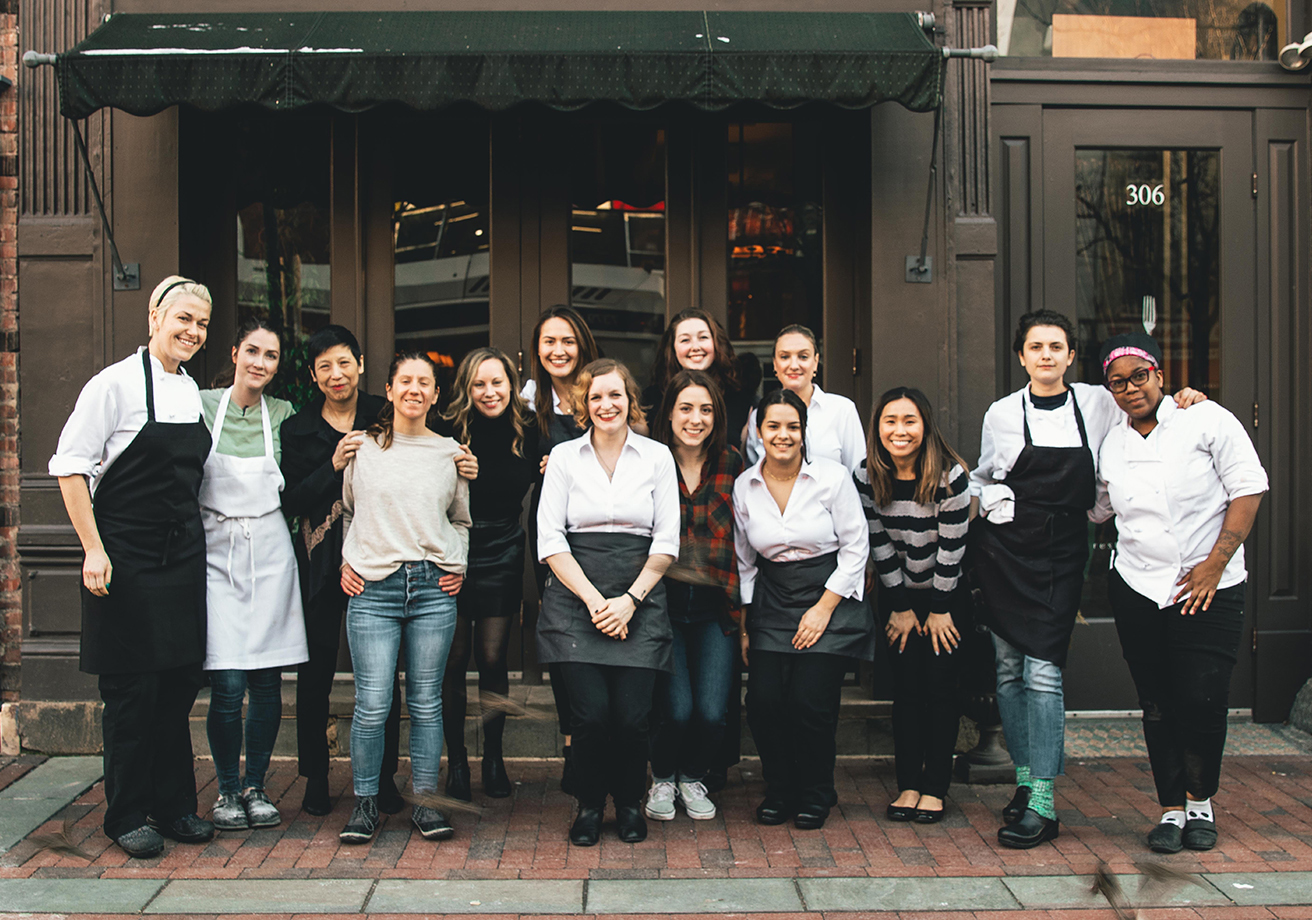
For sure, but I don’t think anybody really has an answer. As a restaurateur, I’m also busy trying to keep it together. Initially, Centennial Pharmacy reached out and asked if I wanted to have a clinic at my place. They were the impetus for a lot of restaurants being able to get vaccinated. When I received that, I sent it to as many people as I knew in the restaurant industry. Along with Nicole Marquis from Save Philly restaurants, we tried to set up clinics not only for our staff, which includes several restaurants, but also other people in our neighborhood. We’re working as hard as we can to get as many of our industry folks comfortable and vaccinated.
Has it helped diners and restaurant workers feel safer? What responses have you seen from the community?
Customers are ecstatic! We are seeing people come back and say, “This is my first experience in a restaurant.” Beyond even outside. It’s so wonderful to see people wanting to be together and to hug each other. It’s the strangest thing, seeing people hugging each other.
I think that they themselves being vaccinated, seeing that we are vaccinated, they can at least enjoy their meal and not worry. We’re doing everything that we can to protect the public and to protect our team. I think that our staff feels more comfortable. We all know that it’s been a long road to build our teams back. The more comfortable our staff feel, the faster that we can get back to business.
The other thing is that on top of wearing a mask, our staff also wear shields. It’s tough to wait on people when you’re screaming at them because you don’t know whether you’re being heard or not. I have a lot of empathy for our team members.
The fact that we are in the hospitality industry, and part of our job is to make people feel welcome. At the same time, there are so many precautions that we have to be careful of. Are you supposed to wrap people’s food or not? What happens if somebody doesn’t like their food? Should it be brought back to the line? At the beginning of COVID, I think we were really strict. No one was touching anybody else’s food. It’s been a long road.
As an Asian American, how has this AAPI Heritage Month looked different for you with combating the rise in AAPI hate?
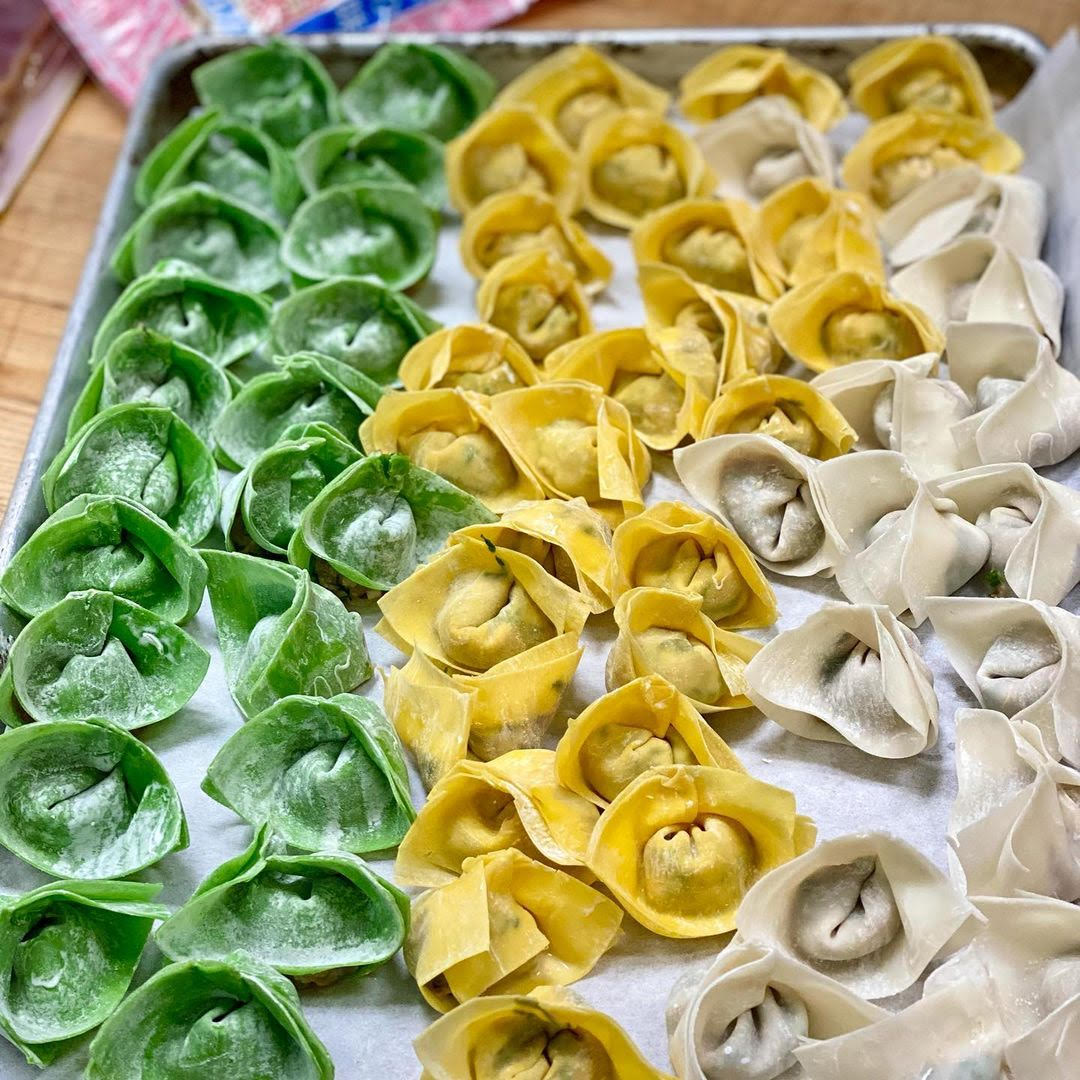
It has been an eye-opening experience. I’m 55, and I grew up in a time when the world wasn’t as open as it is now. We moved when I was in sixth grade, and one of the most difficult things was moving to a town where everybody knew each other. Cliques had already formed and there was a feeling of wanting to belong. Regardless of whether you are of a different race or religion, everybody wants to belong.
I’ve always thought that someday I wanted to open a restaurant in honor of my mother’s cooking. I was the oldest daughter, and I was under immense pressure to succeed in school and be number one. So I only know how to make wontons and dumplings. I thought, “Maybe I’ll have a project that only sells bowls of wonton soup.” It’s perfect for the wintertime. So we R&D it and made them, but for whatever reason, we could not get it off the ground.
When the Atlanta shootings in March happened, I thought to myself, “I can’t sit back and not say anything.” I wanted to raise money to combat anti-Asian racism and discrimination. I thought, “This is the perfect time to start The Wonton Project.” I turned the switch on, and orders started coming in.
Right now, we’re doing a fundraiser through May 31. Then we’ll see whether or not there’s enough interest in the product to warrant turning into a full-fledged business. Making wontons is a very labor-intensive process. Just like any dumpling, everything has to be made by hand. I would love to keep it going.
How has female mentorship been especially important for you during the pandemic?
When you’re not at full operation, you have more time to do things you’re passionate about, but maybe you didn’t have as much time to focus on it. Rohini Dey from Vermilion in Chicago reached out to me and told me she is starting a women’s restaurateur support group called Let’s Talk Womxn, and asked if I wanted to be a part of it. I’m like, “That would be amazing. That’s something that women in Philadelphia would appreciate.” So we started this project in July or August with about 20 women who are very supportive of each other. We share a lot of information.
We are trying to think of ways to support each other. The number-one thing everybody is complaining about is staffing. We have been thinking about ways to recruit more women into the industry. It can be a very lucrative business. In terms of hospitality, it is flexible in terms of hours. We want to paint a picture that this is an industry where you can have work satisfaction, flexibility to raise children, and do other things. Now is a great time to be a part of the industry because it’s in the midst of change.
